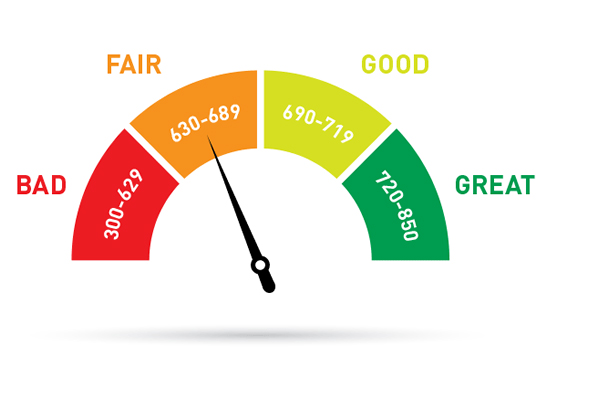Do Your Best From The Get-Go
CLRA Registration
In India, the CLRA Act classifies all workers employed through a contractor as “indirect employees” of the business or organisation that provided them employment. Each business or organisation seeking to hire contract employees is required by law to register under the Contract Worker Registration Act and get a CLRA License.
If an organisation is in this position, they can utilise the following as a reference:
- For the purposes of the CLRA Act, any business with 20 or more contract employees at any given moment within the previous 12 months is considered to be covered by the law. So, the CLRA Act would apply anytime an organisation had 20 or more contract workers on any day during the prior 12 months.
- If the business employs contract employees, then the CLRA Act also applies to the workers. According to Section 2(b) of this Act, if a contractor hires someone to work in or on behalf of an establishment, such person will be treated as a contract worker for the purposes of this Act. The primary employer may be aware of or unaware of the use of contract labour. For the purposes of determining CLRA License Applicability, it makes no difference whether the worker is hired to perform skilled, unskilled manual, supervisory, technical, or clerical labour for pay and reward.
- The Act does not apply to businesses where employees only work occasionally or on an as-needed basis. Work performance is also considered irregular if it is performed for less than 120 days in the preceding 12 months or if it is not seasonal and is performed for fewer than 60 days in a year, as set out in Section 1(5) of this Act.
- The following factors will determine whether or not the contractor is required to get a licence under the CLRA:
- Whether or whether a contract between the Primary Employer and the contractor is still active.
- If the contractor’s services to the main company are irregular in both frequency and kind.
- The CLRA Act does not apply to workers who are primarily in advising or management roles. When deciding the case of McLeod and Company v. Sixth Industrial Tribunal, West Bengal and others (AIR 1958 Cal 273), the Calcutta High Court interpreted the phrase “managerial, administrative, and supervisory” to mean “the primary work of a person who is essentially engaged in an advising or organising capacity,” which would include supervision. Yet that wouldn’t imply managers and administrators are limited to only monitoring employees. As a result, one way to tell if an administrative or managerial position requires any supervisory work is to look at whether or not the person in question has been given the authority to assign tasks, set work schedules, approve pay raises, bonuses, sick days, late arrivals, early departures, etc.
Employers that wish to engage contract workers must comply with the CLRA Act, which states that they cannot do so without first registering as a CLRA employer with the relevant government agency. The main boss may spend up to three months in prison. In addition to imprisonment for a term not to exceed one year, he may further impose a fine of Rs.1000/- or both for any infringement under Section 23 of this Act.
The Refusal to Grant a CLRA License The nature of the institution’s activities and the individual’s role within or related to the establishment determine whether or not this provision applies to them. Each individual situation requires careful consideration by the company.
If you require this service, you are requested to contact our compliance manager 08943620159 or by email at info@techmincsc.in
Check CIBIL Score Now
CIBIL Score is a three-digit numeric summary of your credit history. The score is derived using the credit history found in the CIBIL Report (also known as CIR i.e Credit Information Report).
A CIR is an individual’s credit payment history across loan types and credit institutions over a period of time

Copyright © 2024 TECHMIN CONSULTING | Powered by TECHMIN CONSULTING

